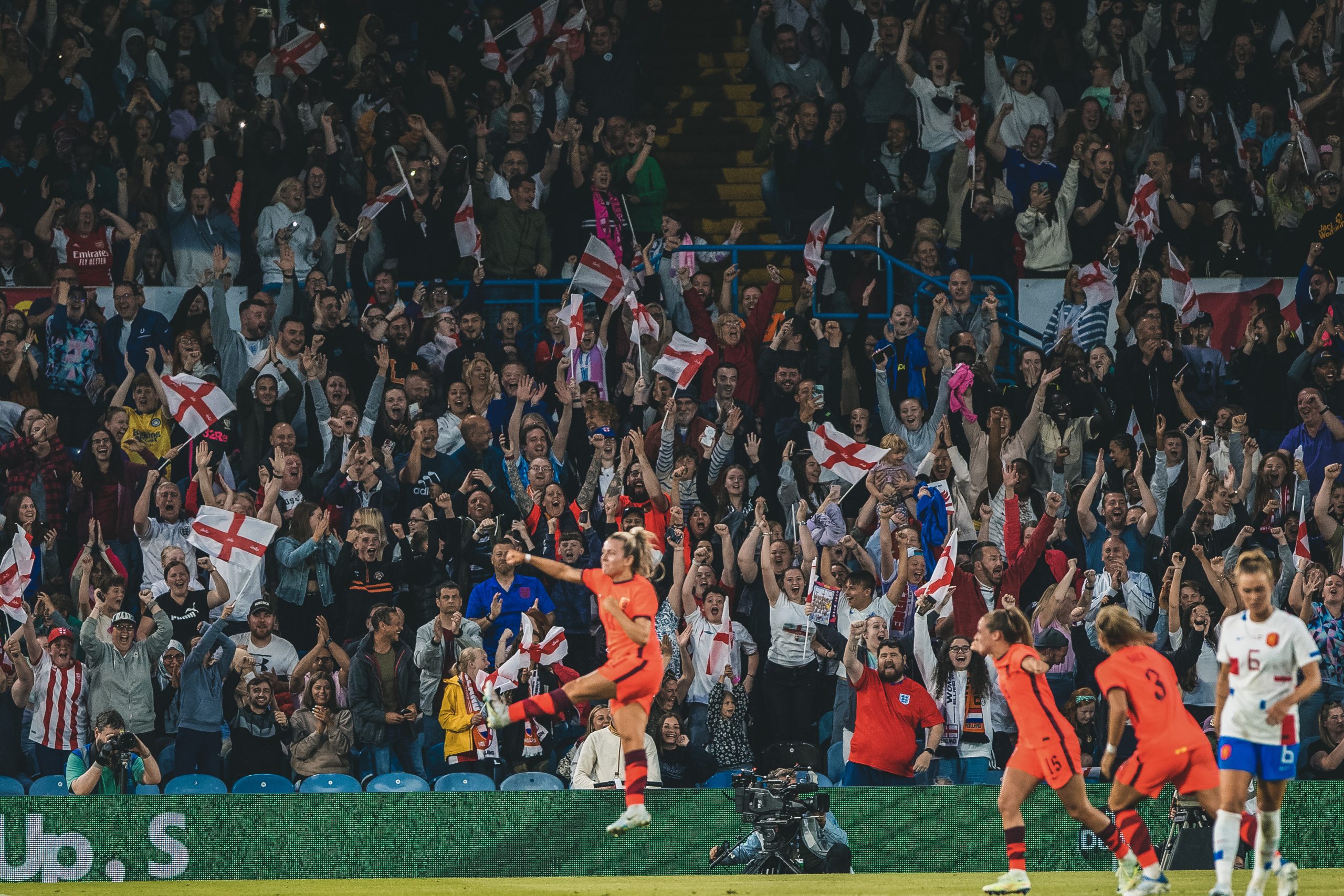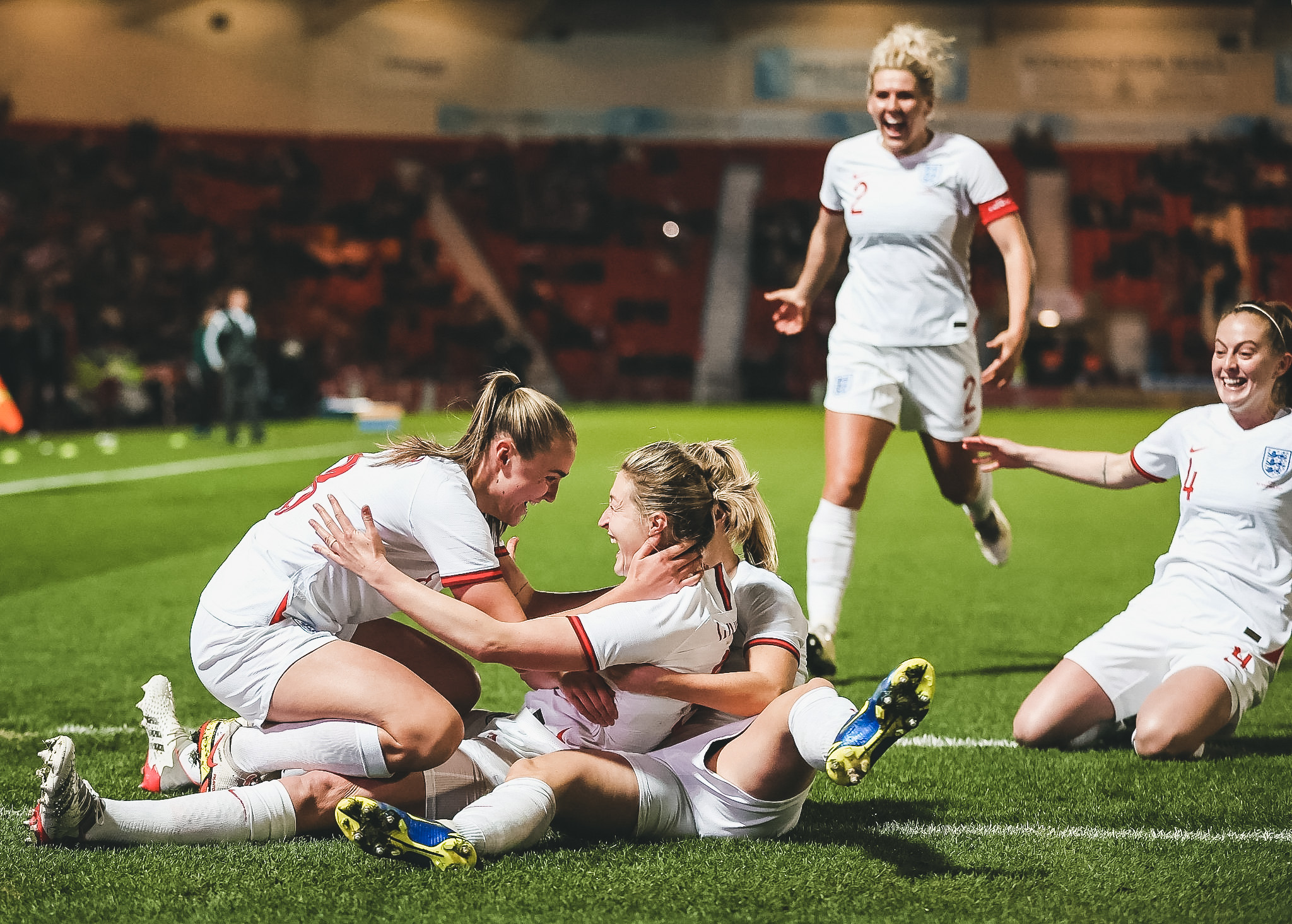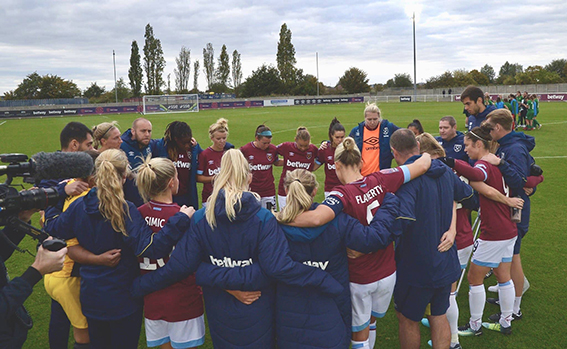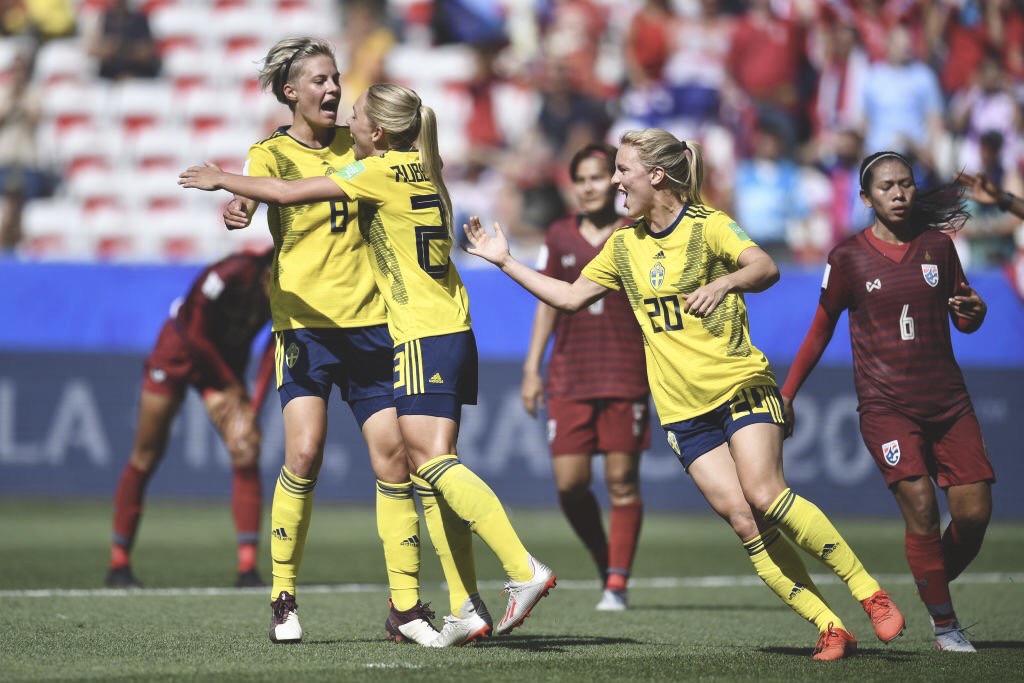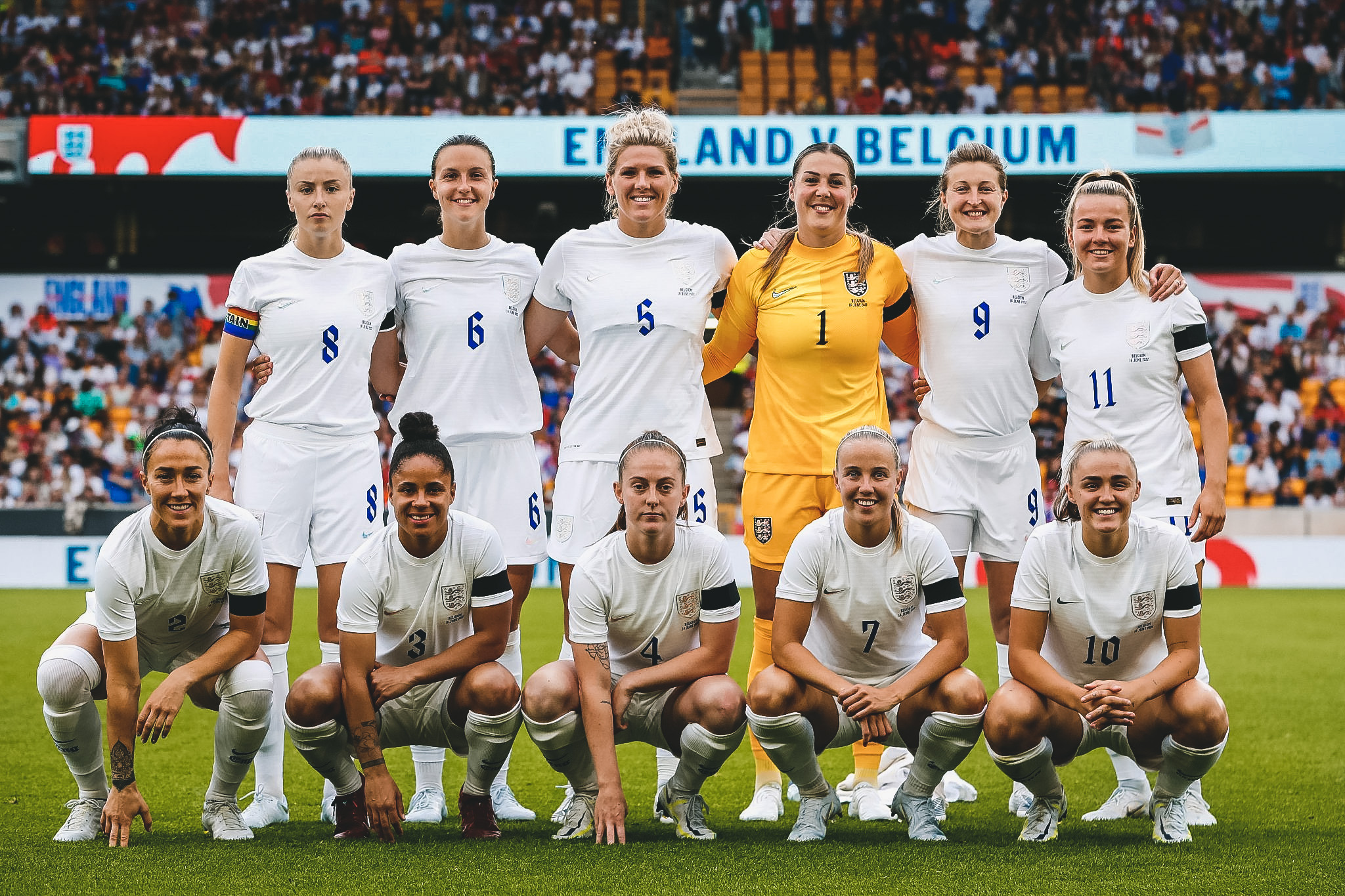Supporting England was never my family’s thing. In fact, we always supported the opposition. We were, in football terms, a very polycultural family. Argentina, Cameroon, Germany, the Netherlands, Iceland, Italy, Portugal, Romania – we supported them all, savouring every goal and every victory against England.
Maradona’s Hand of God? Greatest moment in football history. Koeman’s free kick? Get. In. 1-0 up against Italy with the first attack? ‘It’s coming Rome,’ Leonardo! And then there’s Germany. How they made us happy, over and over again. Brehme’s free kick looping over Shilton and a tearful Gascoigne? Let’s all keep an eye on that, Gary! Möller sticking his chest out after his penalty? Umlaut me.
Everyone in England crying over Lampard’s ghost goal? Hook me up. Let me mainline it. Give me downhearted England fans, crying players, and angry pundits every time, then rinse and repeat the next time the ‘Home of Football’ finds itself up against a number 6 who can pass. I’m teasing a little here, but the roots of this Anyone But England standpoint are not so frivolous.
In the eighties and nineties, when I was growing up, the national team often felt like it belonged to racist, xenophobic, and violent men. Sometimes it still does.
But even if the England supporter’s club was a free love commune offering seminars on anger management, cultural sensitivity, and drinking alcohol the continental way, I’d still have cheered Giroud’s goal at the last men’s World Cup with an unashamed Allez Les Bleus! Because racism, xenophobia, and violence are not just the products of a few bad apples – they are the very practices that made colonial exploitation and the notion of English superiority possible.
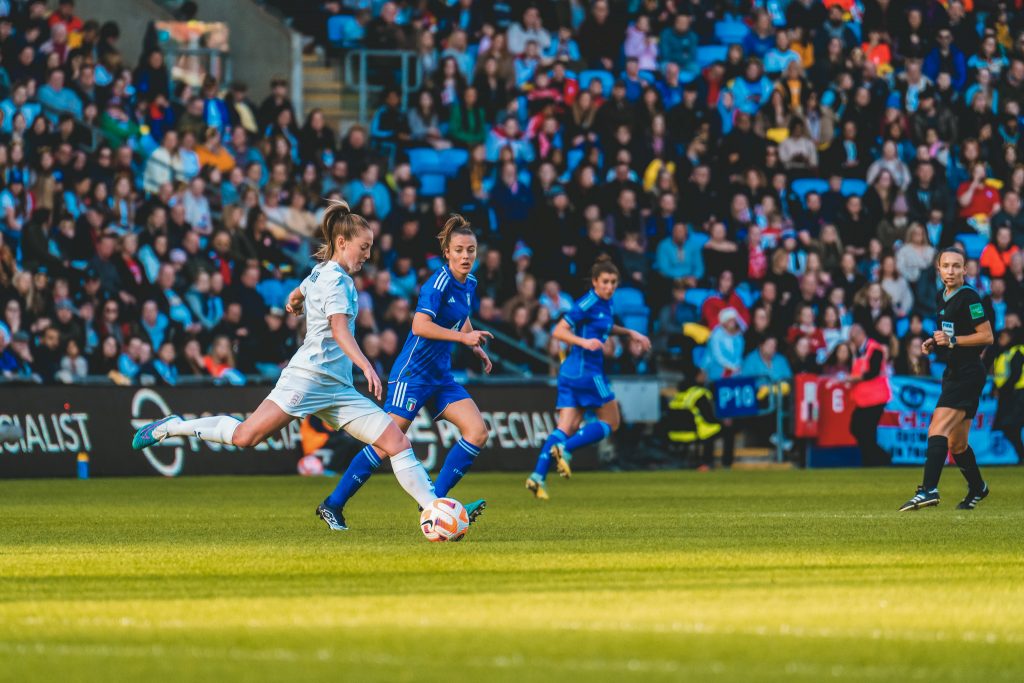
This is what Maradona understood and why, in our household, we loved him: beating England was not just beating a football team; it was sticking two fingers up to England’s perceived right to do as it pleases, where it pleases, an attitude that, to this day, can be found in the booing of national anthems and the aggressively anti-social behaviour of certain fans.
For my parents and grandparents, who grew up under colonial rule in Cyprus, the England team and the culture that surrounded it was difficult to see as separate from colonialism. Supporting England didn’t sit right with us because the culture of Empire and the culture of the national team felt like flip sides of the same coin.
So when my daughter’s football team took players and parents to see England play Austria at Old Trafford in the opening match of Euro 2022, I approached with considerable caution. I was glad that, by chance, my daughter and I were sat away from the rest, avoiding any potential awkwardness when I failed to offer the correct response to events unfolding on the pitch. But once Beth Mead had given England the lead, something strange happened. I wanted England to win.

Guiltily, twisted montages played out in my head that ranged from the comic (my mother scolding me, my father turning in his grave with a snort) to the tragic (the Empire’s often brutal legacy of ill-treatment and bloodshed). And yet, in the face of my angst, I found myself wishing for that second goal to inch the Lionesses towards 3-0 (we all know 2-0 is the most dangerous score line). When it didn’t arrive, I told myself that the psychological resilience gained from a ground-out 1-0 would be invaluable. I was all platforms, foundations, first steps. What the flip was happening to me?
There were two factors at play. Firstly, my daughter. Watching her enthusiasm, her love for the game, made me wonder whether she needed to suffer as fraught a relationship with her Englishness as I do. Post-Brexit, I’d been looking for new ways to understand myself and my children, to recalibrate identities that once again felt disavowed.
Perhaps this was a space where she could be comfortable with the idea of Englishness.
Perhaps she and her younger sister could experience that side of themselves, understanding the historical traumas that the generations preceding them had found hard to escape, but without being haunted by those traumas to the same extent. Perhaps she could be a supporter, but a critical one, finding, where I could not, a different, more inclusive understanding of what Englishness means and how football reflects it.
Secondly, the crowd made a difference. It’s become cliché to talk about the atmosphere at women’s matches to the point that it feels like a patronising, patriarchal pat on the head for a friendliness that doesn’t quite cut it as ‘real’ football. But it’s worth restating what can be gained when crowds do not equate ‘real’ football with excessive anger and vitriol.
My daughter and I were also at the raucous semi-final – crammed into Brammal Lane’s magnificently old school Kop – in what seemed a glimpse of football utopia, a joyous moment shared by football fans of all ages and backgrounds. If this is what Englishness and football is, I thought to myself, then I’m all in. It was a space in which I didn’t feel the need – as a parent, as an ethnic minority – to tense up in constant anticipation of the next comment, the next chant, the next fist. Instead, I cheered for every goal. Lord help me, I even sang ‘Sweet Caroline’.
There are, of course, issues that require attention, and the whiteness of the Lionesses is no doubt the most obvious. I’m a grassroots coach and my daughter, who is olive-skinned, not black or brown, is still often the darkest player on the pitch. That must change. But I’m hopeful it will.
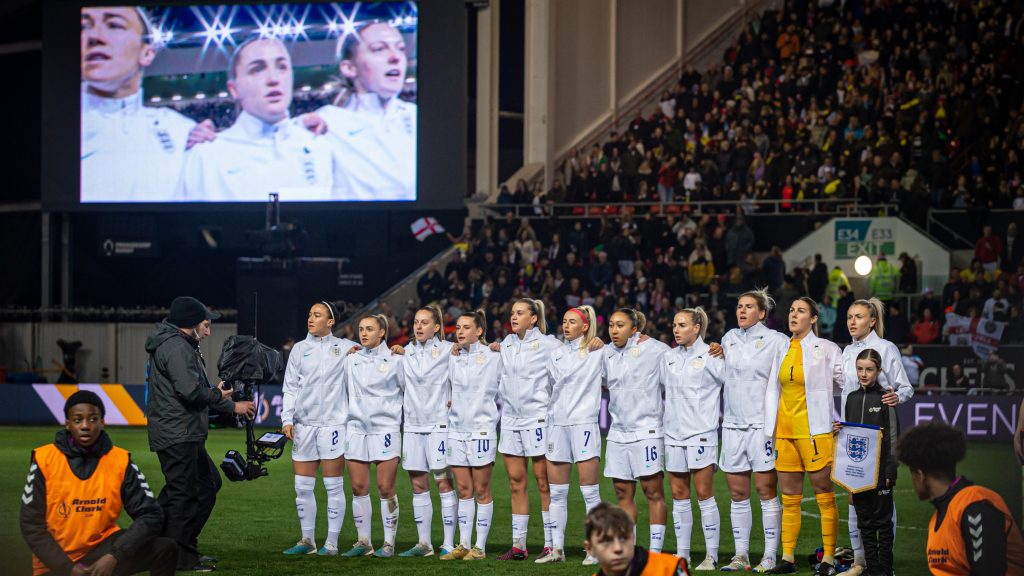
Salman Rushdie once wrote that England does not understand its history, because so much of it happened abroad. This, I suppose, is the bottom line as to why supporting England had been so hard for my family: the team were representative of a very different experience of history to ours. The women’s game strikes me, from a fan’s perspective at least, as a space that better understands such nuances of perspective and feeling.
For instance, since last year I think I’ve heard more commentators on the women’s game express concerns about diversity than I’ve ever heard from commentators on the men’s game about the continued absence and exclusion of Asian players. Is this because those involved in the women’s game appreciate the existence of barriers, obvious or silent, in ways that are not so common in the men’s game? I don’t know.
As a recent convert – and, more importantly, as a heterosexual man who can confidently access most public spaces without fear – I can only speculate. All I know is that, personally, I have more faith in the women’s game to confront these concerns than I do in the men’s. The number of openly gay female players suggests a more enlightened approach to difference.
And so here I now am. Come the World Cup in the summer, I won’t be hoping for the Lionesses to suffer some Kerr-inspired heartbreak, or rooting for Germany to avenge that glorious day at Wembley.
I’ll be mourning the loss of Williamson along with everyone else and crossing everything for victory. Some old habits do die hard, however. I still draw the line at the men’s team; that remains a big, fat ‘nope’. And I’m not quite ready to pull on a Millie Bright top yet, either. But my daughter does look dead good in hers.





